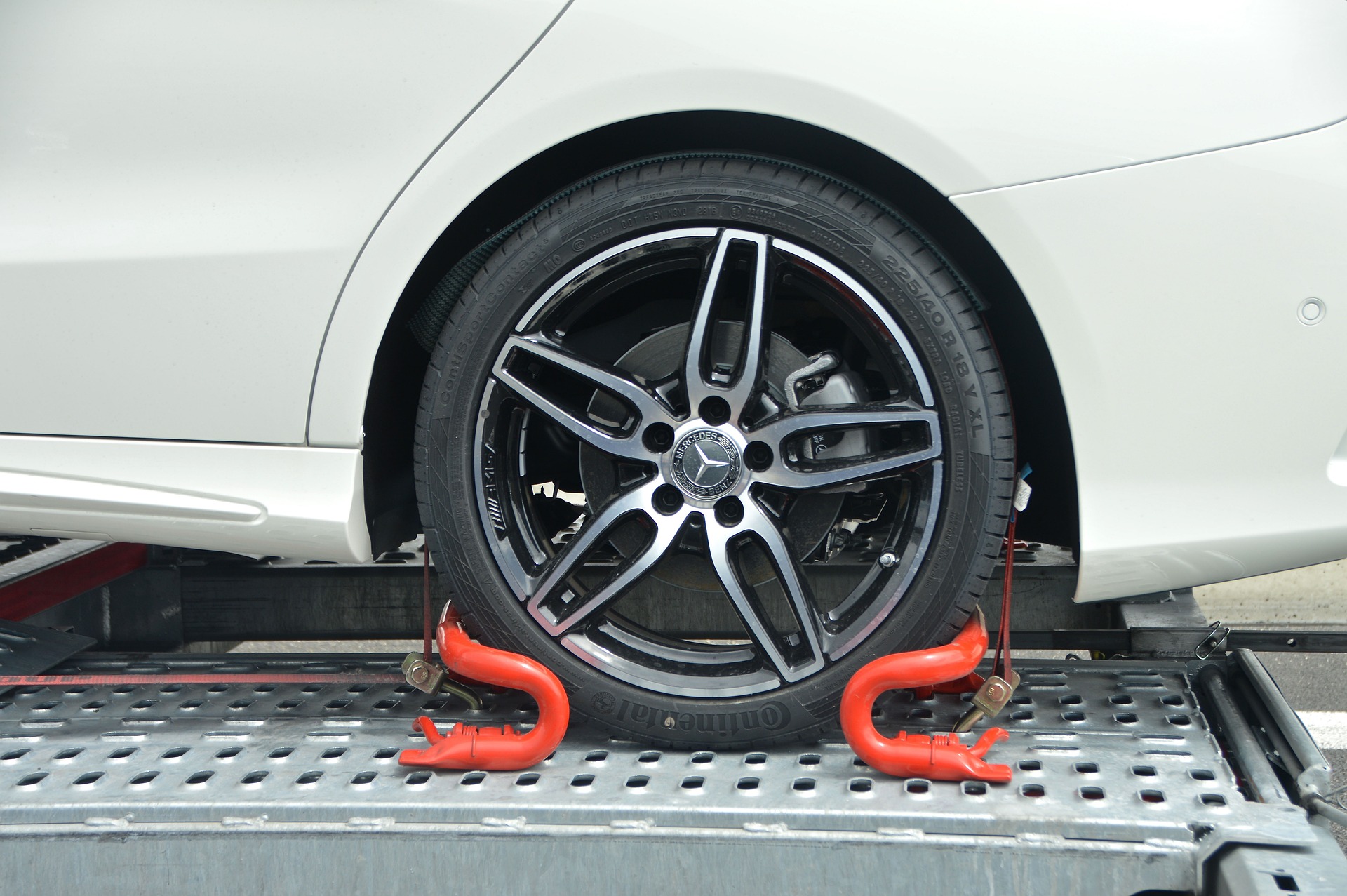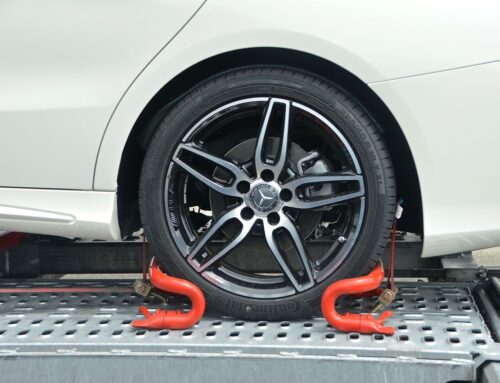Driving is a necessary part of American life – very few people can effectively go about their daily routine without a car. For many, owning a car is more than a convenience; it is necessary. If finances are stressed, it is more important than ever to keep their vehicle in order to get to the job that pays the bills. That is why the prospect of losing their car is one of the reasons some individuals consider filing for bankruptcy. This article will examine the reality of vehicle repossession and what you can do to stop it.
If the vehicle is leased or financed and payments are delinquent, the bank has the legal right to repossess the car. Most often, a vehicle loan will go into default after three consecutive missed payments, although each lender has its own policies. A vehicle can also be repossessed if the insurance requirements are not met.
Repossession of a car or truck is inconvenient and can initiate a chain reaction that could make the financial situation even more challenging. The good news is there are strategies to regain (or retain) ownership and catch up on payments. This article will help those in danger of losing their vehicle to arm themselves with the knowledge required to protect their rights – and potentially solve their problem.
How Vehicle Repossession Works
The bank or lender that financed the vehicle is motivated to collect the balance due on their loan. When they repossess a car or truck, it will be sold at auction.
Unfortunately, when a vehicle is repo’ed, its owner is not entirely absolved of the responsibility of the debt. In fact, it may cause more financial strain. Even if the car is never returned, the owner will be expected to pay repossession fees which can cost thousands of dollars. Retrieving the vehicle from repossession may take several months and cost additional money. To add insult to injury, a vehicle repossession causes an adverse entry on the owner’s credit report and not be resolved for seven years.
Repossessions do not require police escorts, owner permission, notification, or signatures. A repo man will simply wait with a tow truck until the car is unattended – and take it. It is illegal to hide a vehicle in danger of repossession, but any owner worried about the possibility should park it in a garage and contact a bankruptcy attorney.
Protect Your Property
A bankruptcy attorney can stop a vehicle repossession by assisting with filing a bankruptcy, which will trigger an automatic stay and stop efforts to repossess the car. An automatic stay also makes it illegal for creditors to pursue other actions, such as foreclosure and wage garnishment.
A bankruptcy attorney can verify that the vehicle exemption applies to the repossessed vehicle, which prohibits the bankruptcy trustee from seizing the car during bankruptcy proceedings.
Nobody expects to lose their car when they purchase it, but challenges present themselves to everyone at some point. Financial issues don’t make anyone a bad person; everyone needs help now and again. The Chapter 7 or Chapter 13 bankruptcy process can discharge unsecured debt, including the expenses arising from a car repossession. A bankruptcy attorney can help avoid a repo, negotiate with creditors, and solve other tenacious financial issues.
If you would like to learn more about how a bankruptcy attorney can stop a vehicle repossession, contact Richard V. Ellis today. As a trusted Sarasota bankruptcy attorney, Mr. Ellis has been helping local residents recover from financial crises for decades and is ready to help you.





